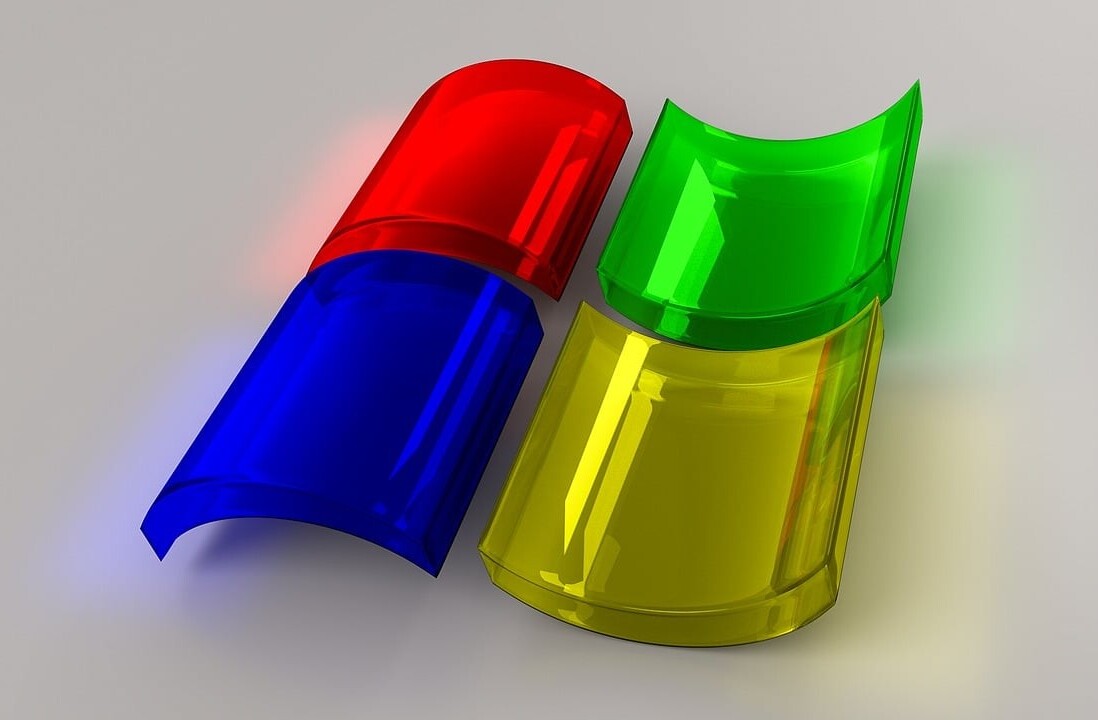
Microsoft Research today launched a program called Windows Azure for Research. The new initiative aims to help the research community advance scientific discovery with cloud computing.
The program is split into four components:
- Windows Azure for Research Awards Program: Microsoft will be accepting proposals for sizable grants of Windows Azure resources and handing out up to 100 awards each year. The awards will be for individual projects or for community efforts to host scientific data and services and will be given six times a year. The first deadline is October 15, 2013, and the first set of awards will be announced two weeks after that date.
- Training: Starting September 2013, Microsoft will begin a series of 20 or more worldwide training events designed specifically for scientific researchers.
- Technical resources and curriculum will be available online, and there will be additional programs for professors to teach cloud computing in their classes.
- Research community engagements: Microsoft will sponsor an annual Windows Azure for Research workshop and will participate in existing scientific gatherings.
“By taking advantage of the same platform that thousands of our commercial customers—and we at Microsoft Research—rely on, scientists can accelerate the speed and dissemination of scientific discovery,” the company’s research arm explains. “Science is at an inflection point where the challenges of dealing with massive amounts of data and the growing requirements of distributed multidisciplinary collaborations make moving to the Windows Azure cloud extremely attractive.”
Microsoft further promises that the program will help everyone from individual researchers to large teams. That’s the whole point of the cloud, so the possibility is certainly there. Whether the scientific community will embrace Windows Azure over the competition, however, is a different story.
See also – Geekfest: A series of clips showing off the latest from Microsoft Research and Microsoft Research’s IllumiRoom puts 3D to shame, literally projects images into your living room
Top Image Credit: Eric Piermont/Getty Images
Get the TNW newsletter
Get the most important tech news in your inbox each week.





